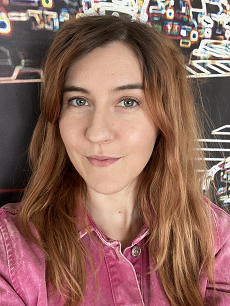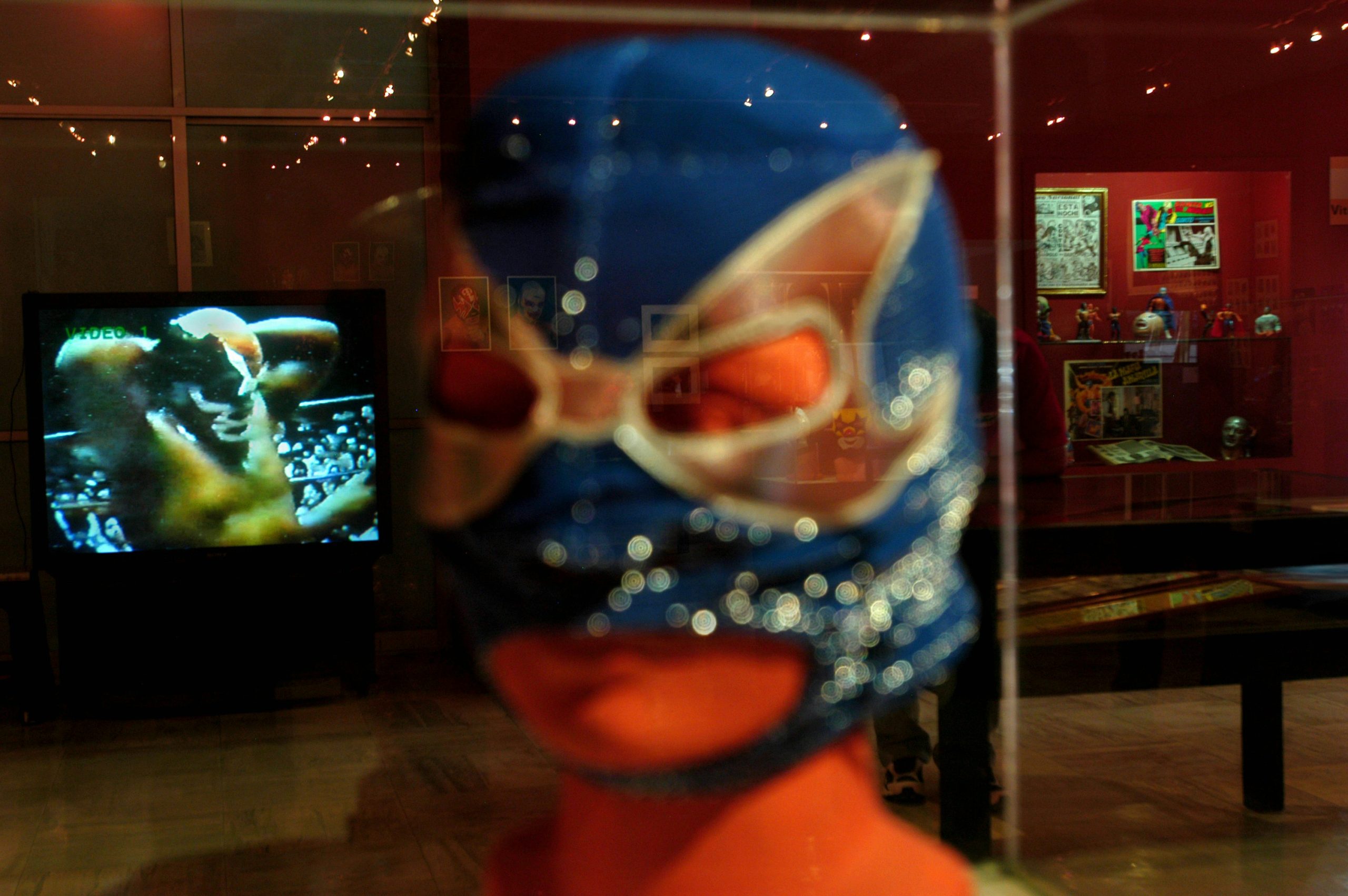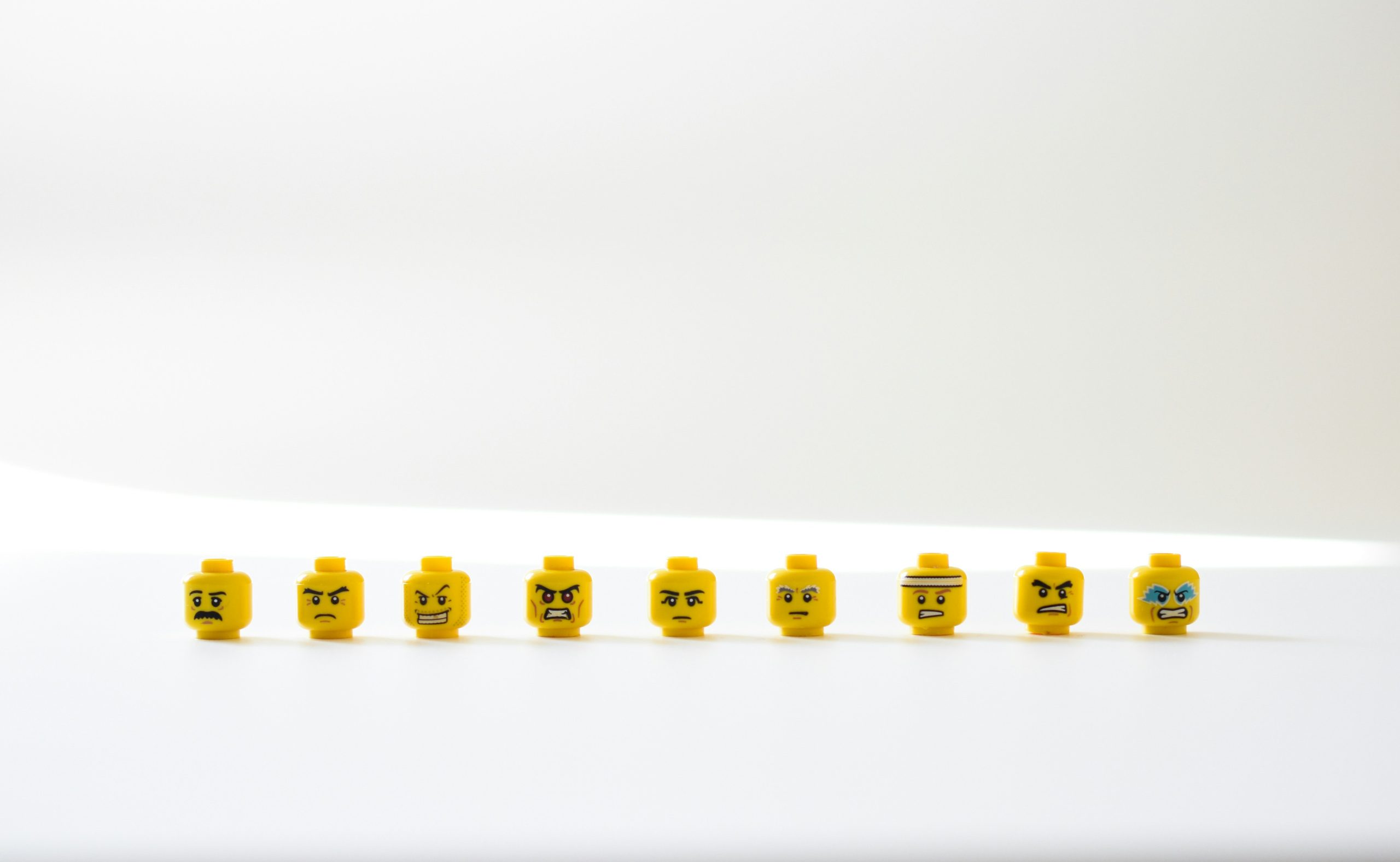Creating experiences that have a positive impact is no longer a nice-to-have, but an absolute must. But when it comes to entertainment experiences, how can we ensure that participants have a good time while also doing good?
Daniel Hettwer is the CEO of Hidden Worlds Entertainment, an immersive experience-based venture run by leaders in the fields of conservation, themed entertainment and technology that creates attractions with a purpose.
He believes that the media and entertainment sectors can become better at sparking positive change not only through direct impact, but by activating their power to inspire people, create tribes and motivate them to collective action – a concept that he calls “impactainment”. (Read Part One and Part Two of his model in detail.)
In this Campfire, you’ll learn about:
- The definition of impactainment – and why we need it
- The two types of impact, direct and indirect
- What behavioural science can teach us about getting our message heard
- The importance of tribes, and how to leverage their power
- How to focus, double down, and avoid the haters
So if you’re ready to design positive-impact experiences of your own, read on…
Why Do We Need Impact(ainment)?
Hettwer’s background is in conservation rather than entertainment. However, he realised that in order to connect with people, he needed to stop talking about facts and instead be driven by feelings.
“I wanted to leverage a ‘Trojan horse’ to bring conservation messages closer to people, which is why we came up with this whole impactainment idea: building entertainment experiences that create positive impact.”
Daniel Hettwer
Hidden Worlds Entertainment creates fun, immersive experiences using dining as a hook to bring participants together in a shared setting for an art, narrative-driven experience that has both direct impact (through the food they consume) and indirect impact (by inspiring them, changing their habits, and forming a community).
We’re living in a global mental health crisis. Last year alone we lost 50,000 people to suicide in the United States, many because of mental health issues. At the same time, multisensory experiences like Van Gogh Live have attracted over 9 million people. Hettwer wonders what the impact might be if we aligned these experiences with the crises we’re facing.
“What if someone went through this show, learned about the symptoms of deep depression, and saved a loved one? It would have changed the world. I truly think we can use entertainment as a platform for good as long as it’s aligned with the IP and it’s authentic.”
Daniel Hettwer
Not every IP needs to have an impactainment link, of course – an experience like the Museum of Ice Cream would feel inauthentic, and we also have to remain financially sustainable. Hettwer suggests you ask these six questions if you’re considering whether to layer positive impact into your experience:
- Are you monetising a public good?
- Is IP significantly impacted by a cause?
- Do you have a major issue that you can address?
- Would it break the business case?
- Would it be authentic?
- Is it the right thing to do?
Ultimately, the opportunities to speak to huge issues facing humanity are enormous, from mental health to nutrition, conservation, and social matters.
Impactainment = Entertainment + Positive Change
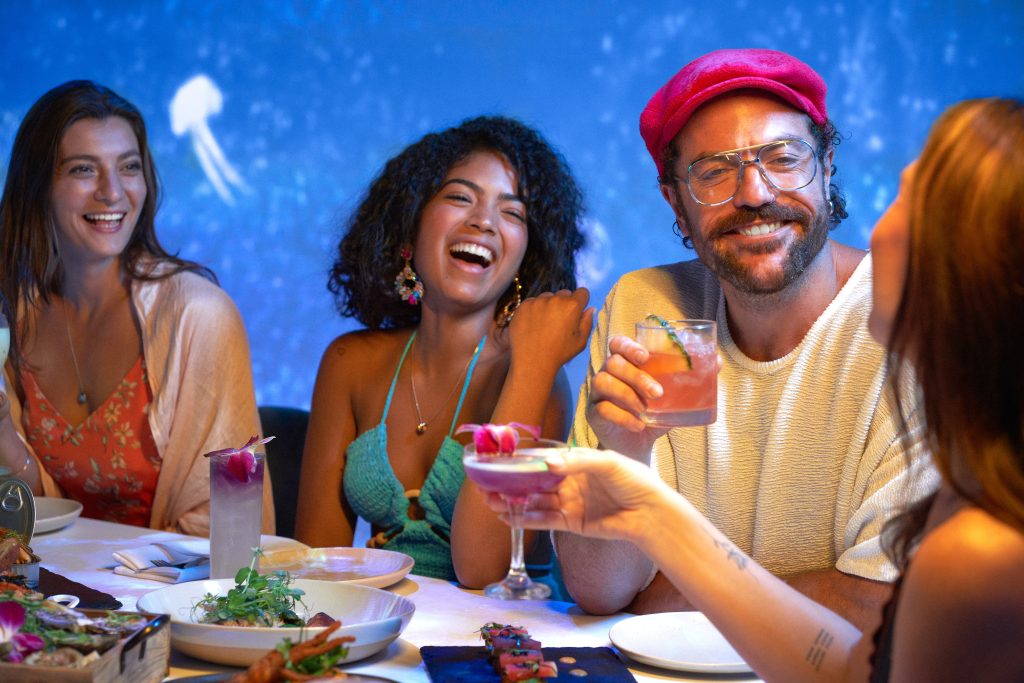
Hettwer defines impactainment as:
“Entertainment experiences that create measurable, positive change, often by using a broad scientific toolkit from behavioural science.”
Daniel Hettwer
- Entertainment: a fun, immersive experience.
- Positive Change: impact that not only sustains, but leaves things better than they were before, reflecting the broader change from sustainability to regeneration.
- Behavioural Science: reaching not only those who already align with us, but those who disagree with our point of view.
It is also medium agnostic, taking the form of a show, a book, an immersive dining experience, or something else entirely.
The Two Types Of Impact: Direct & Indirect
Direct Impact
These are the immediate, tangible impacts of our experience, which can be quite simple to view and track. For Hidden Worlds Entertainment, its direct impact includes:
- Direct consumption, leveraging invasive and overpopulated species like lionfish in the meals it creates.
- Partner donation, promoting conservation partners and donating to relevant charities.
- Community efforts, such as organising and participating in beach clean-ups and appearing at university information days.
Indirect Impact
Conversely, indirect impact is scalable and goes beyond the experience itself. It might be harder to see, but can be exponentially more powerful. Key examples include:
- Creating movements. Experiences where we motivate people to become agents of change and motivate others, so we can see exponential growth in positive impact.
- Scaling inspiration. 500 million people go through theme parks every year. 0.25% of the population has genius IQ. So what if we inspired 1.25m geniuses annually to work on solutions for positive impact? We could contribute to saving humanity.
Three Tools To Create Indirect Impact
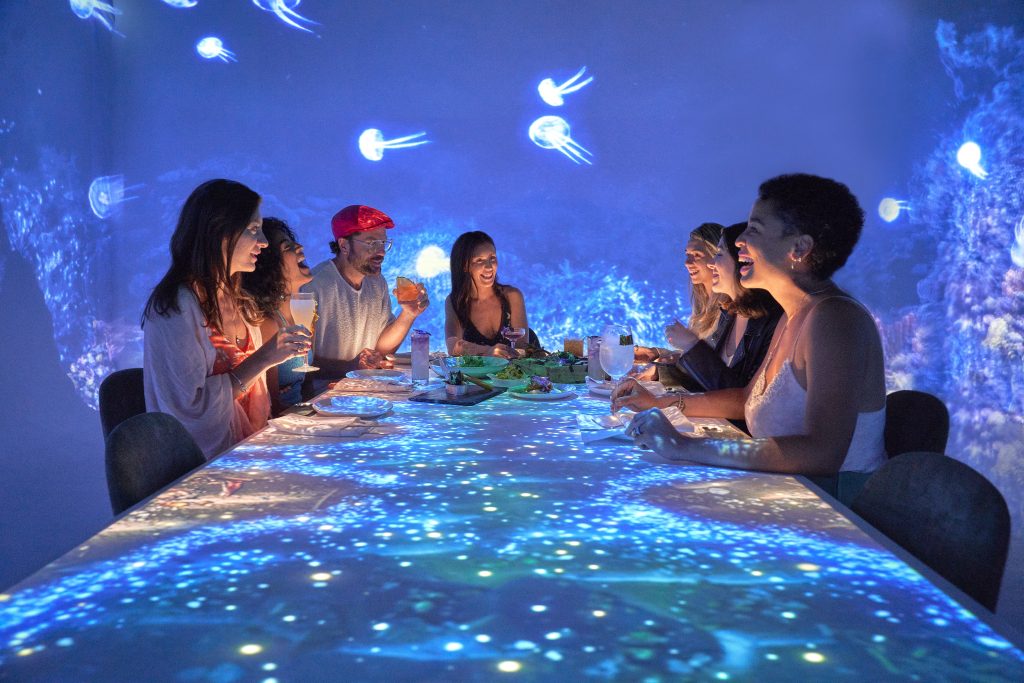
To create this indirect impact, we have to design extraordinary experiences built on four levels: the memorable, meaningful and transformative levels identified by Mat Duerden, and the fourth level of integration or habit formation.
Hettwer uses three key approaches to create indirect impact:
- Emotional storytelling. Hidden Worlds Entertainment works with neuroscientists and do A/B testing to see people’s donation behaviour and information recall in response to certain narratives as a form of behaviour change measurement.
- An actual guest journey. Using the Hero’s Journey framework, they start guests as explorers and give them challenges that make them emerge as one group, armed with new knowledge in a transformation layered with information.
- Points of stress that are overcome. When we’re under stress, we create adrenaline and dopamine, leading to energy, alertness and focus, and eventually physiological thriving.
Are You Listening? What Behavioural Science Tells Us About Impact
If we want people to take our message on board and become changemakers, behavioural science has some useful concepts we should consider.
- We tend to align with people we like (Robert Cialdini). When George Clooney endorsed a book on evolutionary science, for example, more people believed in it – despite Clooney having no expertise in the area. See also: Brandi Morris, Triggering Emotion And Action-Taking On Climate Change.
- We like those we know (Oriel Feldmanhall). Our trust in strangers is dependent on their resemblance to others we’ve previously known. Theoretically, if we could render an AI avatar similar to the person in front of the screen, we’d increase the chances of that person believing what they had to say. See also: Nakano & Yamamoto, You Trust a Face Like Yours.
- Beware of psychic numbing (Paul Slovic). Statistics, no matter how large the number, fail to spark a strong emotional response. Think of Alan Kurdi, the young boy whose photo of him lying on a beach in the wake of the Syrian War sparked a huge emotional response, even though the number of those dying at sea was far greater. Studies have proven that cancer donations also go down when you focus on large numbers rather than one. See also: Kogut and Ritov Organizational, Behavior and Human Decision Processes.
Unite & Conquer: The Power Of The Tribe
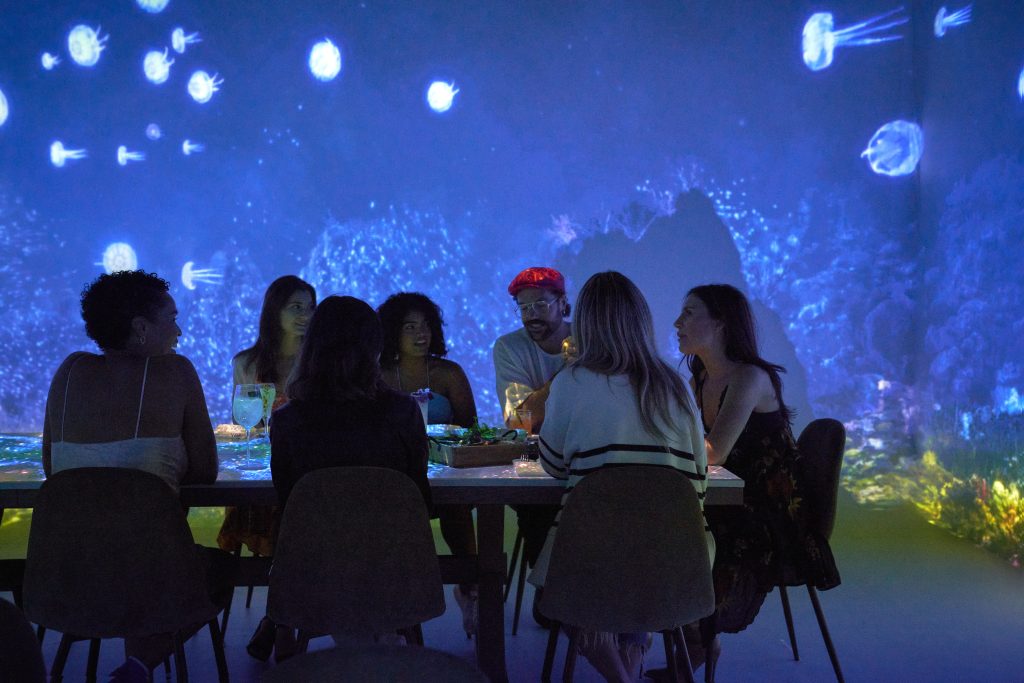
We’re evolutionarily programmed to be part of tribes, so tribalism is one of the most important tools we have. 70% of tech value since 1994 has been due to network effects, with tribal effects being one of the biggest – look at Apple, who effectively created a new tribe in just one commercial. Rivalry is also a big part of this as is the formation of group habits.
“The most powerful force to me is a tribe’s ability to assist habit formation. Tribes can provide a lot of motivation to get engaged because we are social creatures, and we seek that social status, which prompts us to take actions, which ultimately increases our ability, our skill set, and makes us more invested or create a habit.”
Daniel Hettwer
In Nir Eyal’s Hooked model, for example, there are triggers, actions that you take, variable rewards, and investments, which then causes external triggers to be internalised. (For more on this, see Eyal’s Campfire talk Hooked! How To Turn Your Experience Into A Habit.
For Hidden Worlds Entertainment, their chefs were a big part of creating this tribe, designing an ocean-positive menu and spreading the word afterwards. The group clean-ups also bonded people, giving them a bracelet as a memento and sending ebooks out afterwards to reinforce the message.
Three Things To Remember When Driving Impact
Creating a positive-impact experience isn’t always easy – but Hettwer recommends remembering the following three things to keep yourself motivated and aligned.
- Positive impact demands change. If we’re stuck in our ways or only talking to those who already agree with us, that doesn’t cause change. If I’m a vegan, I need to reach those who love meat. We need to be able to form tribes, but have enough flexibility to engage with the other side.
- The initial hook needs to be compelling. We must stop talking about animal welfare or saving the planet, as this turns people off. Instead, talk about crises close to their heart or with personal impact, such as obesity, cancer, or cardiovascular health. If we really want to create positive change, we must stop making radical statements that bolster our own point of view, but don’t necessarily change the planet.
- Change is a journey. You can’t do everything all at once, so you should find your focus and double down. Lego, for example, is getting a lot of heat for using plastic bricks – but Lego aren’t in the rPET business, they’re in the education and inspiration business. Rather than listening to the noise, they should focus on this aspect of their business and its ability to inspire change through play.
The WXO Take-Out

Having a positive impact doesn’t only mean adhering to sustainable practices and supporting conservation partners – it’s in the legacy you leave through inspiring people, creating communities, and effecting change far beyond what you can see or predict.
So next time you’re creating an experience, ask yourself:
- How do you give people choices to act in your experiences?
- What does a regenerative experience mean to you?
- What tribes do you already have access to – and which ones might you create?
Want to come to live Campfires and join fellow expert experience creators from 39+ different countries as we lead the Experience Revolution forward? Find out more here.


